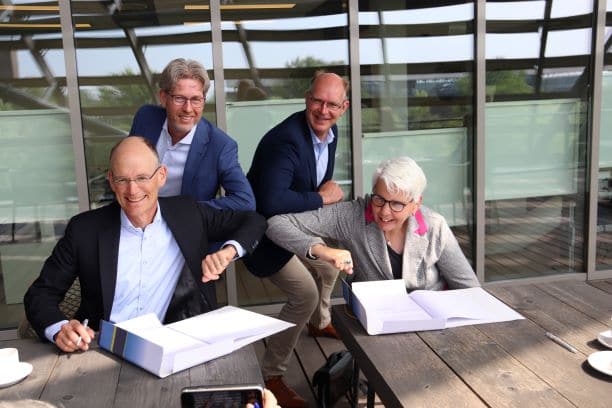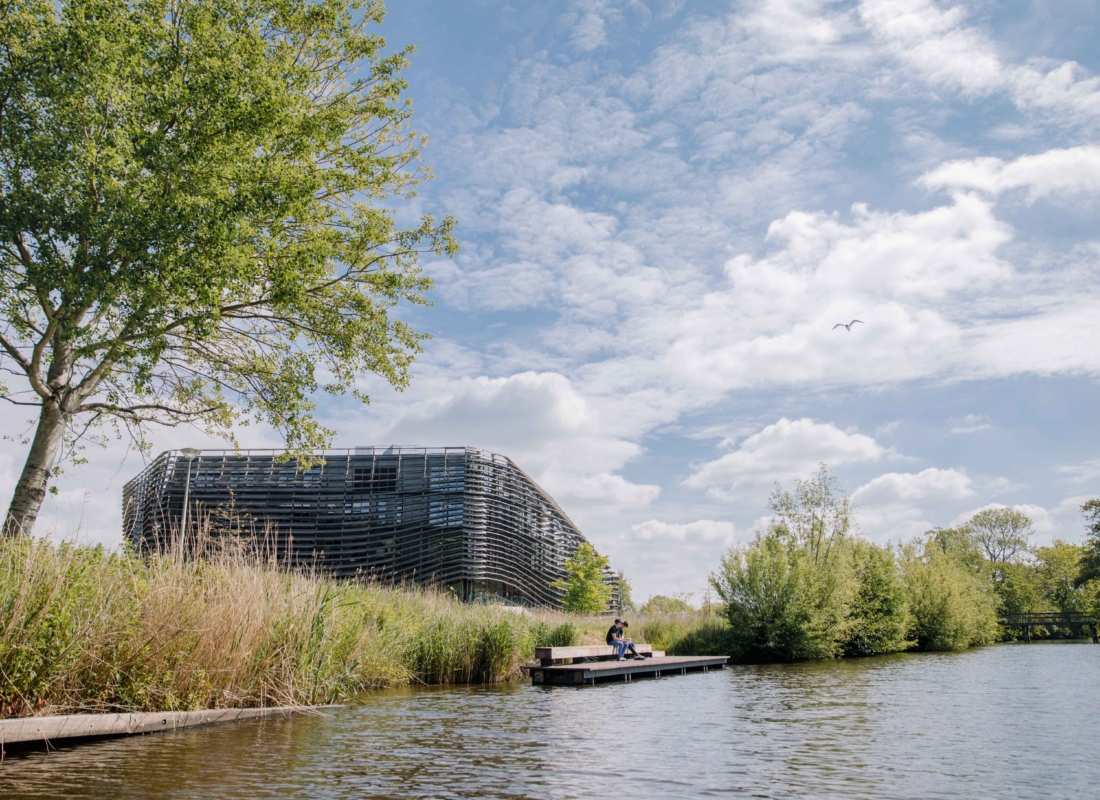Organization: European center of excellence for sustainable water technology (Wetsus)
Type of Project: Internship project
Starting date: 1 October 2024
Duration: 4 months
Allowance:
– The allowance for students is €200. The student can apply for ‘Wetsus Grant’ allowance (€200 extra; an internal committee decides if the allowance will be granted*).
– Students can apply for Erasmus grant; (if the Erasmus grant is less than €400, the student can apply for the Wetsus Grant).
*The Wetsus Grant allowance is not guaranteed and must be approved by the Grant Committee.
Location: Leeuwarden, Netherlands (hybrid mode is possible)
Application deadline: The application is open until the first suitable candidate is found
Project description
Collaborations between universities and industries, known as university-industry collaborations (UICs), are important for national economies. While previous research has identified barriers and macro-level factors contributing to the success of these collaborations, our understanding of how such partnerships evolve over time remains limited. This lack of comprehension regarding the mechanisms of relationships and micro-interactions among actors hinders our ability to support and regulate university-industry partnerships. This is especially true in high-technology fields, where results in R&D might significantly impact regional economics and sustainable development.
You will explore the dynamics of two multi-actor partnerships in the water technology industry and analyze the differences between them from the social system perspective. First, you will read some recommended literature and develop a semi-structured interview protocol. Then, you will collect qualitative data by interviewing company managers, academics and project coordinators. You will learn how to analyze qualitative data via ATLAS.ti software and report the results of your study for both, academic and general audiences.

Your profile:
Your benefit:

Contact details
Please upload your CV (max. 2 A4 pages), a motivation letter (max. 1 A4 page) via the application form below. Feel free to contact Irina Pozhidaeva (irina.pozhidaeva@wetsus.nl) if you have further questions or need more information.